In this day and age with COVID-19 being a threat, you get the sniffles and a sore throat, and you are understandably scared that you have the Coronavirus. However, if you have been cautious with where you are going and keep your mask on in public indoor places, and keep your hands clean – chances are that you do not have COVID-19. There is a greater chance that you either are suffering from allergies or you caught an ordinary cold.
However, even so, you don’t want to shrug and say it is nothing to worry about either. The thing to do is to pay attention to the signs that COVID-19 could be in your lungs. And there are 7 signs of those to look for.
Monitor The Severity Of Possible Symptoms
If you think you may have caught a cold because you have a cough, then maybe you do have a cold. Or, you could have COVID-19 but you are mildly affected. The only way to suspect that being the case is if you have traveled outside of your home, even to the supermarket. The odds are if you have been careful about not touching your face and keeping your mask on, you are fine. However, there is no guarantee.
Monitor your symptoms and get tested if the symptoms such as the cough are worsening. If you develop a fever, then you could have COVID-19.
Lips turning blue
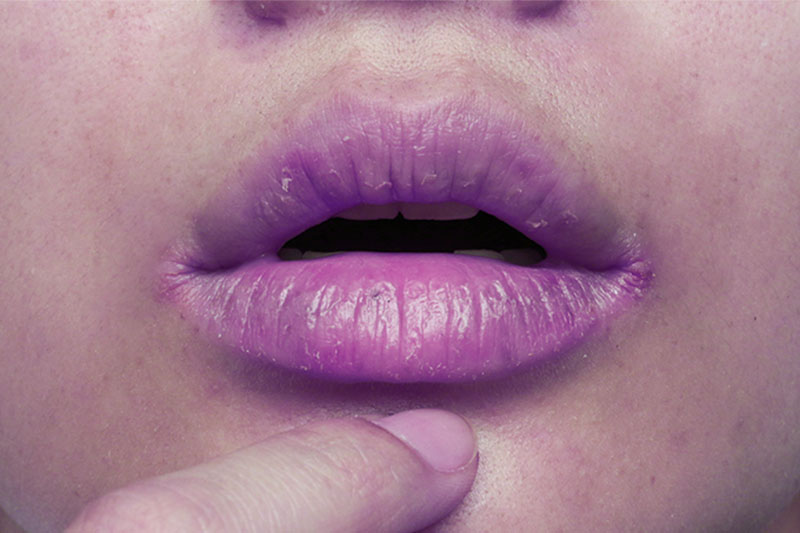
When your lips turn blue, which is known as cyanosis, is a sign that your lung function is extremely poor. That is because your lungs cannot deliver oxygen through your bloodstream and to your heart. Therefore, you struggle to get enough oxygen while you are struggling to get carbon dioxide out. When your body is getting enough oxygen, your skin has a pink tone to it. But when it turns blue then you need medical attention right away. Lack of oxygen can cause brain damage, shock, and can easily kill you.
You Struggle To Breathe
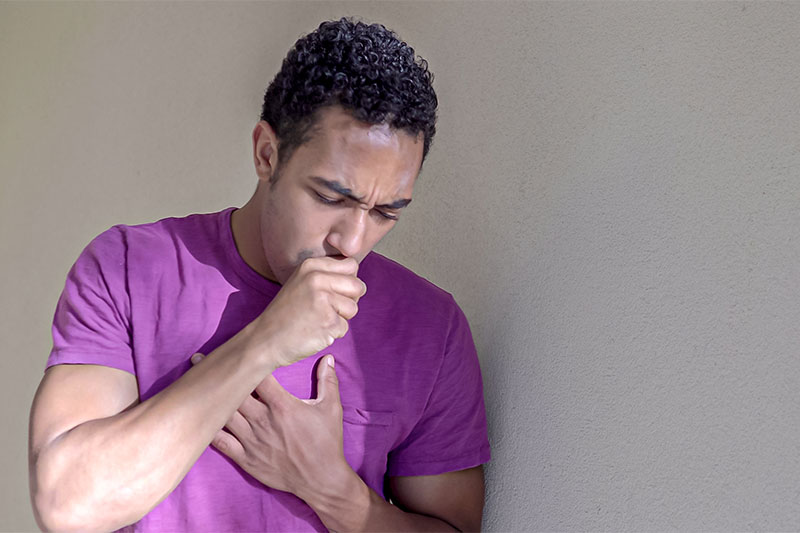
In mild COVID-19 cases, patients may struggle to breathe a little. However, in moderate to severe cases, breathing is more difficult. If you are affected by the virus moderately, you will struggle to breathe even more. This means you will have to strain your muscles to take a breath and if you struggle to breathe, that gets into the way of your activities. If you are to the point where taking a breath is becoming more and more difficult, then you need to be hospitalized as you have a severe case of COVID-19.
Your Cough Is Worsening
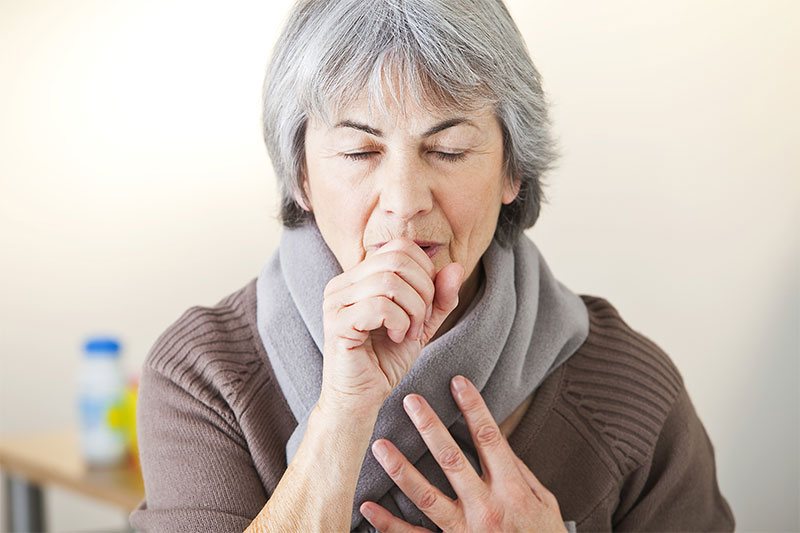
As was mentioned before, if your cough is worsening then you could have COVID-19. The cough can start off as mild and dry. But if the cough changes and you are starting to cough up mucus, and the cough is painful, then there is a good chance you have the Coronavirus. The coughing episodes can last up to three hours at first and later on it can turn into three bouts of severe coughing within 24 hours. If you have not been tested, this is the time to find out if you have the virus.
Chest pain
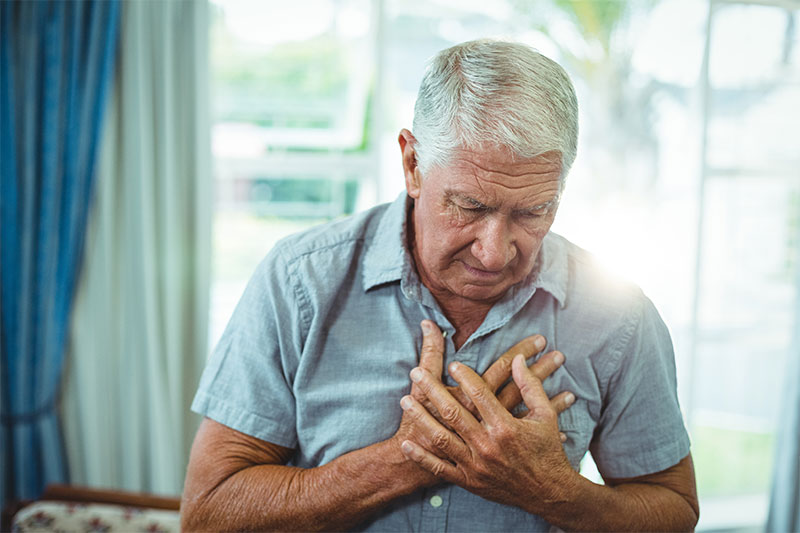
While this may not be a widely reported symptom of COVID-19, it may still be linked to pneumonia. When the pleura or lining of the lung tissue is affected by pneumonia it causes pleurisy. This pleuritic chest pain is strongly felt in your chest while breathing in. this pain can sometimes even be felt in the abdomen, shoulder, and neck. Pleural effusion which is the build of fluid in the chest can also be caused by pneumonia.
You can experience pain in the intercostals muscles between the ribs due to coughing and straining. A pneumothorax- a lung collapse can be caused by severe coughing. COVID-19 patients have also reported chest tightening which may be due to bronchospasm- a common condition in people with asthma or people who have a tendency of wheezing when they contract a respiratory infection.
Extreme fatigue

Fatigue is very common when you are fighting any type of virus. However, fatigue is debilitating in COVID-19 patients. Just by getting something to eat and drink is a big struggle and the fatigue has affected your appetite. You cannot even get dressed because you don’t have the energy for it. The same goes for the inability to even being able to take a shower. Your exhaustion is so severe to cope at all.
Cardiovascular Problems
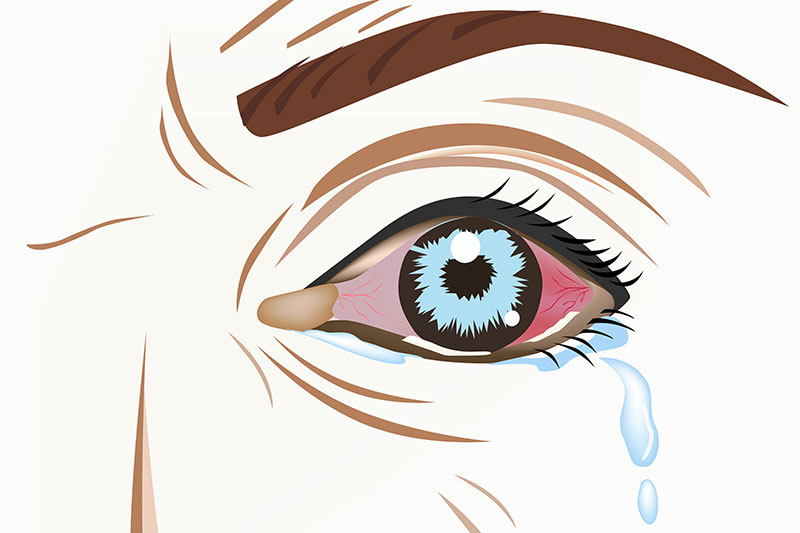
It is not a stretch to believe that cardiovascular problems could be a symptom of COVID-19. Especially after realizing that it can cause clotting that is abnormal. Because clots could happen in the lungs. However, it can also happen in the heart and even the brain. And that can increase the risk of a heart attack, stroke, or a pulmonary embolism.
Delirium

COVID-19 does not only affect the respiratory system, the senses, the gastrointestinal tract, and skin. It can affect the brain as well. And some patients had experienced confusion and delirium as JAMA Neurology had reported that being the case. Some patients had inflammation of the brain as well.
This is why if you suspect you caught an ordinary cold, keep an eye on it. Hopefully, it is only a cold. In that case, it will get better and go away on its own. If the symptoms worsen, then you could have COVID-19 and you need to get tested and get the care you need.


